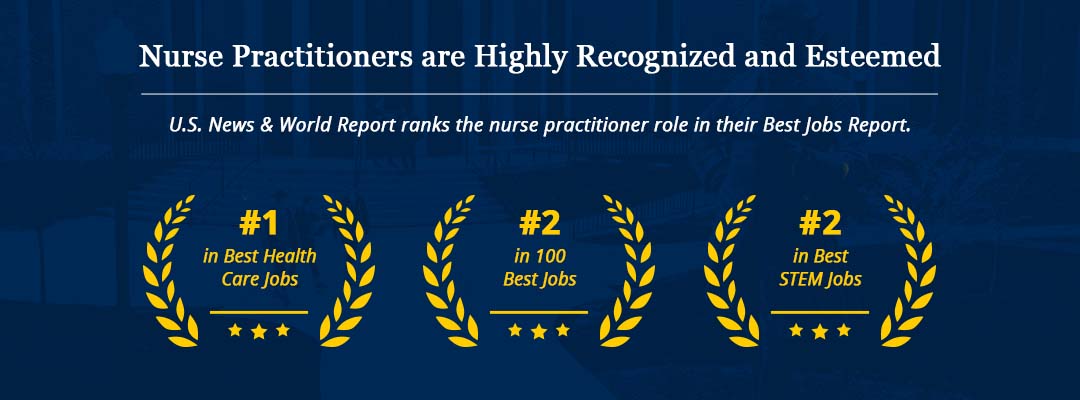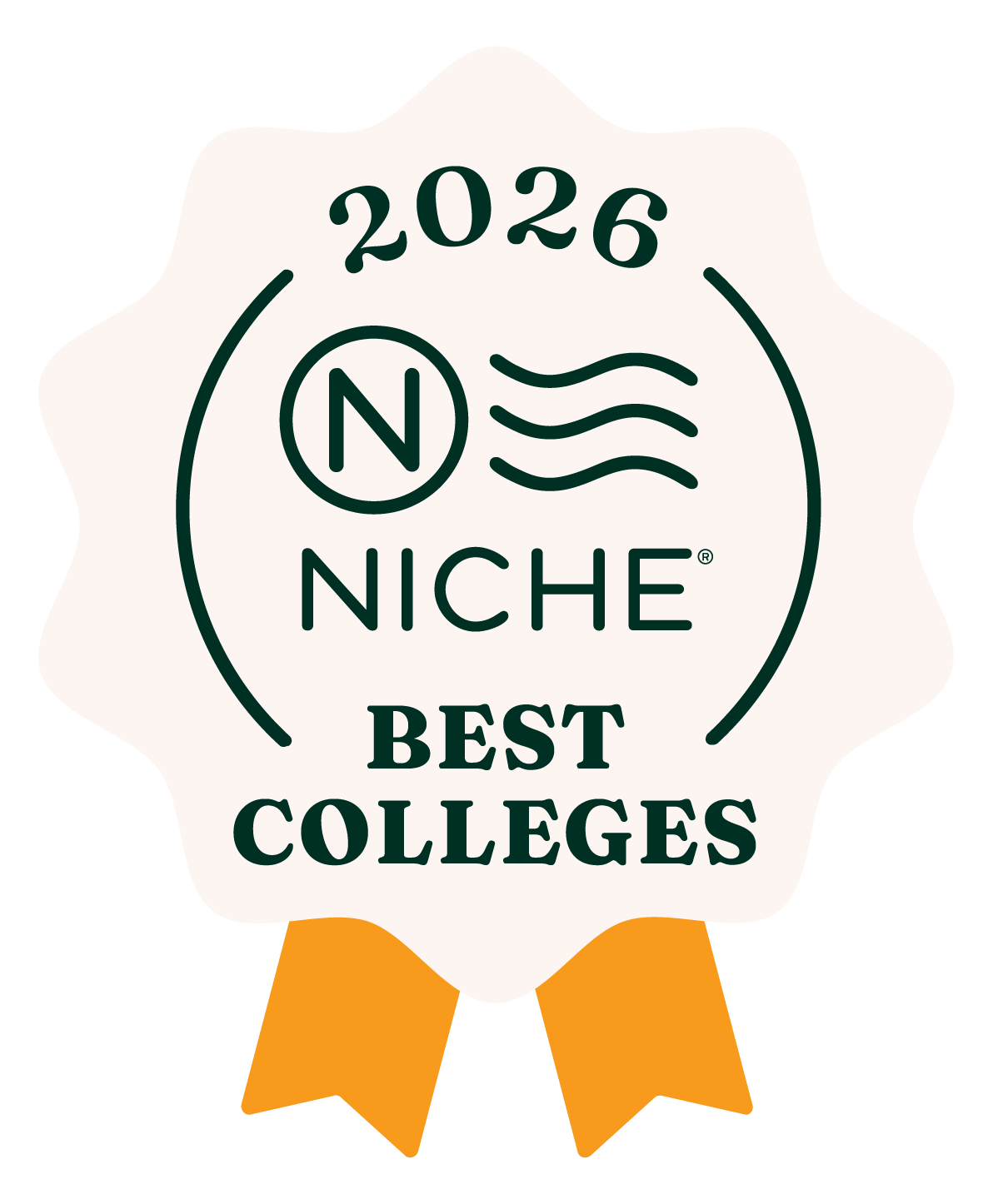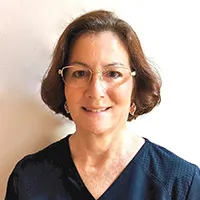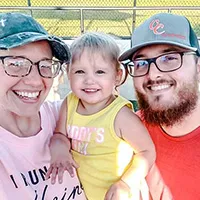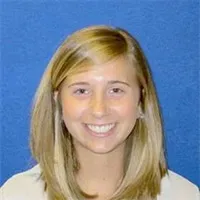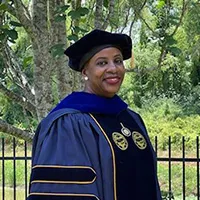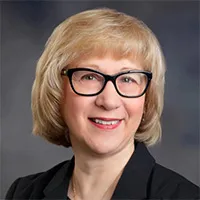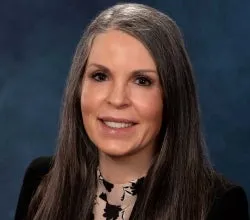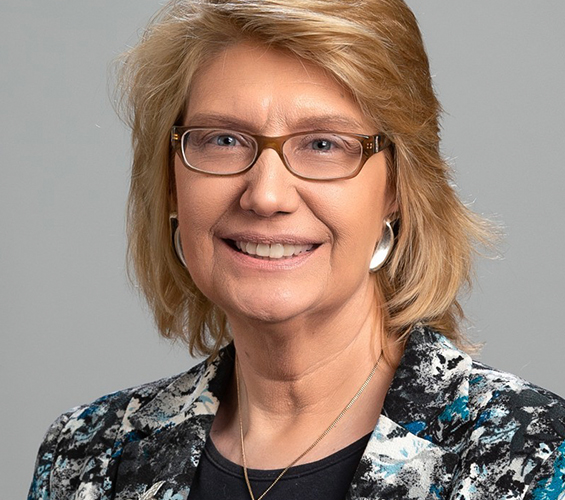Post-Graduate/APRN Certificate - Family Nurse Practitioner (FNP)
Entrance points for the FNP concentration:
Transition into Family-Focused Primary Care
Wilkes’ online post-graduate FNP certificate program is designed for registered nurses with an MSN or DNP degree who are looking to transition into family-focused primary care. Our online FNP certificate program fully prepares you to pass the ANCC and AANP national certification exams so you can become licensed and begin your career as a family nurse practitioner.
Wilkes’ online academic programs are helping to fulfill the great demand for nurse practitioners in the U.S. The American Academy of Nurse Practitioners (AANP) reports that the United States will be short at least 120,000 family medicine providers by 2030. Enrolling in Wilkes’ online post master’s FNP certificate program allows you to be part of the solution.
As an FNP, you can make a difference in patients' lives by expanding your knowledge and skills beyond bedside treatment. With your FNP certificate, you will be able to provide disease prevention and management, counseling, and health and wellness education for patients across the lifespan.
Program Details
- $751 per credit hour
- 3 start dates per year
- 11 courses
- 1.67 years to complete
- years to complete
- 30 credit hours
- 584 clinical hours
State Authorizations
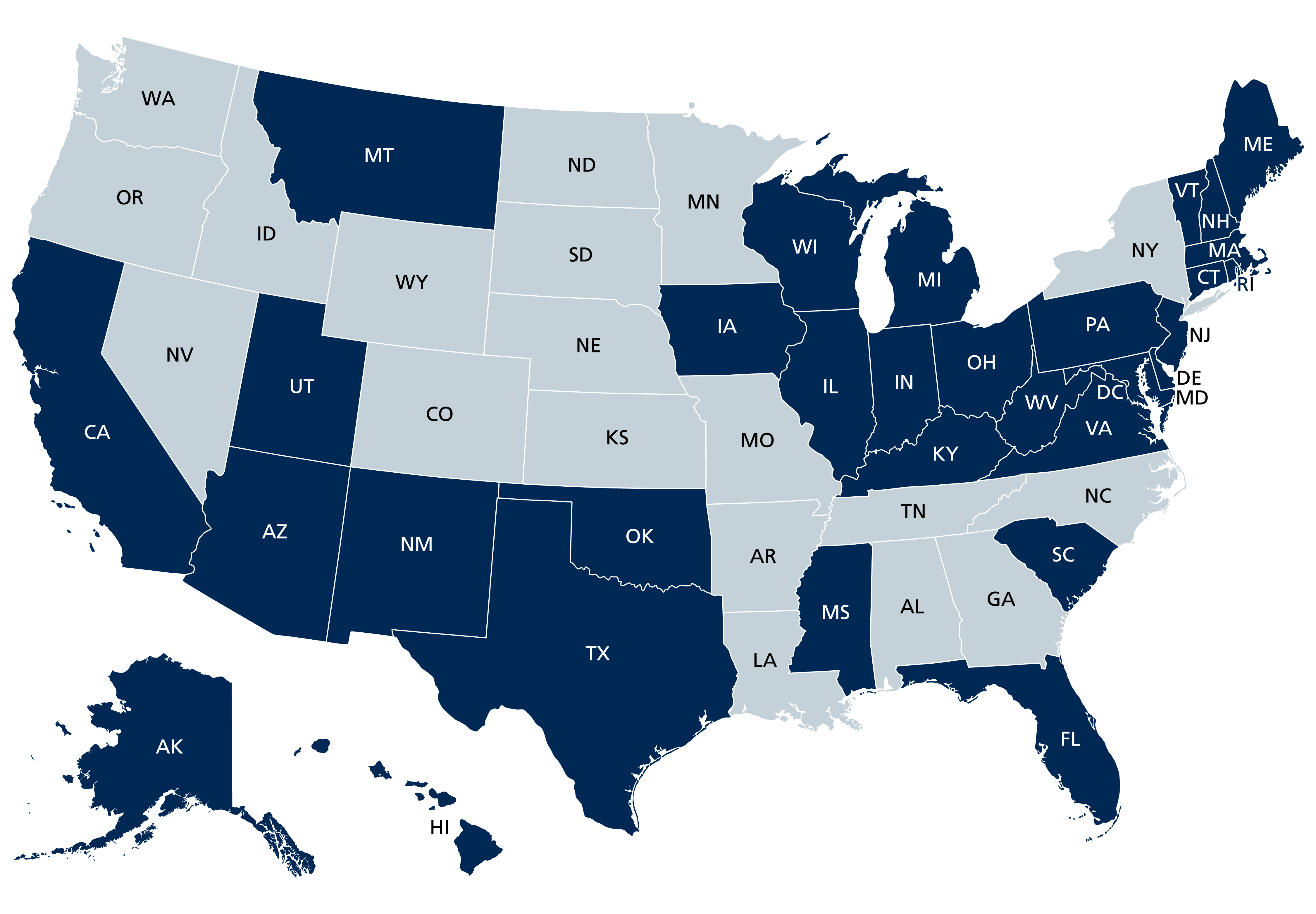
Admission Requirements
Applicants will be evaluated for admission based on the following criteria. These admissions standards represent the minimum eligibility requirements for this graduate-level program. Admission committee members reserve the right to request additional information from candidates, as needed, for a more in-depth review of qualifications.
- MSN or DNP degree with a 3.0 GPA
- Unencumbered RN license*
- Current resume
Please note that prior to beginning and continuing in any of the nursing programs with Wilkes University, you must be located in an authorized state and be licensed in the state where you intend to complete your clinical activities, per that state’s clinical requirements. Your location (which may be your state of residency) and clinical activity do not need to be in the same state, as long as Wilkes is authorized in both states.
*Applications presenting a history of disciplinary action on professional licenses will be subject to an additional review by the Special Licensure Discrepancy Committee of the University.
* The baccalaureate degree in nursing/master's degree in nursing/ Doctor of Nursing Practice and post-graduate/APRN certificate programs at Wilkes University are accredited by the Commission on Collegiate Nursing Education (www.ccneaccreditation.org)
Stress Less with Clinical Placement Support
Clinical practicums are an exciting opportunity for students to apply what they’ve learned in real-world settings. However, finding a local placement can be challenging, requiring significant time and effort to identify and secure clinical sites and preceptors.
We aim to take the stress out of the process by offering built-in clinical placement support—at no additional cost. Our team works diligently to secure high-quality placements that align with your goals and program guidelines, so you can focus on building your competencies as a nurse practitioner, not on navigating logistics.
Wilkes nurses have found success at leading healthcare providers including:
- Gelsinger
- Lehigh Valley Health Network
- St. Luke’s Health Network
While we cannot guarantee every clinical placement, our success rates consistently exceed the national average—highlighting our commitment to making the process as seamless as possible.
What Will You Learn During Clinicals?
Clinical placements are a cornerstone of the Wilkes Post-Graduate/APRN Certificate program, offering students hands-on opportunities to apply advanced nursing skills in real-world settings. You’ll develop expertise in conducting comprehensive patient assessments, creating evidence-based care plans, managing chronic conditions, promoting wellness, and more.
Clinicals also emphasize leadership, teamwork, and patient-centered care, with opportunities to collaborate across disciplines and advocate. By the end of your clinical experience, you’ll be prepared to deliver specialized, high-quality care as a confident nurse practitioner.
As a Post-Grad/APRN student, here’s what you can expect during clinicals:
- Experience diverse healthcare settings, from hospitals to community clinics.
- Work with varied patient populations that align with your goals.
- Receive personalized support from Wilkes faculty, your Student Success Coach, and an on-site preceptor.
- Gain 1:1 mentorship to enhance your clinical expertise and confidence.
- Build valuable professional networks within your chosen specialty.
Sample Curriculum
Post-Graduate/APRN Certificate – Family Nurse Practitioner
To see the full program curriculum, access your free program guide.
Time to Complete
1.67 years
Courses
12 Courses
Clinical Hours
584 Hours
Family/across-the-lifespan nurse practitioner students integrate theories from nursing and other sciences that are evidence-based and sensitive to cultural and ethical issues. Promoting quality outcomes in the family population across the lifespan is the focus of this clinical experience in primary care settings. Advanced health assessment, diagnostic reasoning, and development of therapeutic interventions for self-limiting conditions occurs. Opportunities for interdisciplinary experience and collaborative practice are provided. The seminar component of the course is designed to develop critical-thinking and clinical decision-making skills through case presentations. (Seminar, residency and 250 clinical practice hours; Prerequisites: NSG-500, NSG-530, NSG-533, NSG 550; Credits: 3)
Family/across-the-lifespan nurse practitioner students integrate theories from nursing and other sciences that are evidence-based and sensitive to cultural and ethical issues. Promoting quality outcomes in the family population across the lifespan is the focus of this clinical experience in primary care settings. Advanced health assessment, diagnostic reasoning and development of therapeutic interventions for complex health conditions occurs. Opportunities for interdisciplinary experience and collaborative practice are provided. The seminar component of the course is designed to develop critical-thinking and clinical decision-making skills through case presentations. (Seminar, residency and 250 clinical practice hours; Prerequisites: NSG-500, NSG-530, NSG-533, NSG-550; Credits: 3)
This course is designed to prepare FNP nursing students to gain experience in providing primary health care to the population focus of pediatrics. The course integrates nursing theories that are evidence-based with health assessment and diagnostic reasoning of acute primary care health problems. Health promotion, protection and disease prevention interventions are provided with consideration of culturally diverse populations. (Prerequisites: NSG-500, NSG-530, NSG-533, NSG-550; Credits: 2)
Family nurse practitioner nursing students integrate theories from nursing and other sciences that are evidence-based and sensitive to cultural and ethical issues. Promoting quality outcomes in pediatrics across the lifespan is the focus of this clinical experience in primary care settings. Advanced health assessment, diagnostic reasoning and development of therapeutic interventions for complex health conditions occurs. Opportunities for interdisciplinary experience and collaborative practice are provided. The seminar component of the course is designed to develop critical-thinking and clinical decision-making skills through case presentations. (Seminar, residency and 84 clinical practice hours; Prerequisites: NSG-500, NSG-530, NSG-533, NSG-550; Credits: 1)
This course is designed to prepare primary care nurse practitioner students to provide primary healthcare to the adult and older adult population during wellness and acute/episodic illness. The course integrates nursing theories that are evidence-based with health assessment and diagnostic reasoning of acute/episodic primary care health problems. Health promotion, protection and disease prevention interventions are provided with consideration of culturally diverse populations. (Prerequisite: NSG-550; Credits: 3)
Get More Program Details
- Applications are currently being accepted for next intake
How do Wilkes nurses demonstrate excellence?
By translating their knowledge into success on certification exams—proving they are confident and competent when it matters most. The table below highlights certification pass rates for Wilkes nurses across NP tracks, consistently exceeding national averages in recent years.
| YEAR 2023 | ||
|---|---|---|
| Program | Certification Pass Rate: All Takers | National Pass Rate |
| Psychiatric/Mental Health Nurse Practitioner (PMHNP) | 95.4% | 90% |
| Family Nurse Practitioner (FNP) | 84% | *74% |
| Adult-Gerontology Primary Care Nurse Practitioner (AGPCNP) | 91.6% | 80% |
*AANP National Pass Rate 2022, most recent data available
Read More About Wilkes Online APRN

Preparing for Licensure Exams: Strategies for Online Students
Preparing for licensure exams is crucial for nursing students, including those in online programs. Success comes from joining study groups, following structured study plans, and utilizing resources… Read More
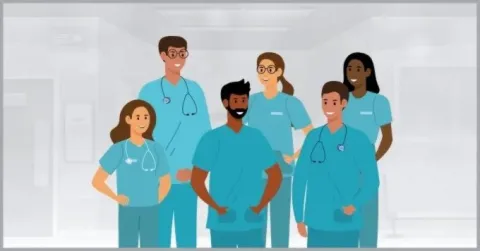
Cultural Competence in Nursing
What is cultural competence in nursing, and how does it benefit clinicians and their patients? Learn about the importance of cultural competence in nursing. Read More

What is a Post Master’s Certificate and Why Should I Get One?
Let’s go over what a post-master’s certificate in nursing is, the basic types of certificates available, and the possible benefits of pursuing one. Read More



